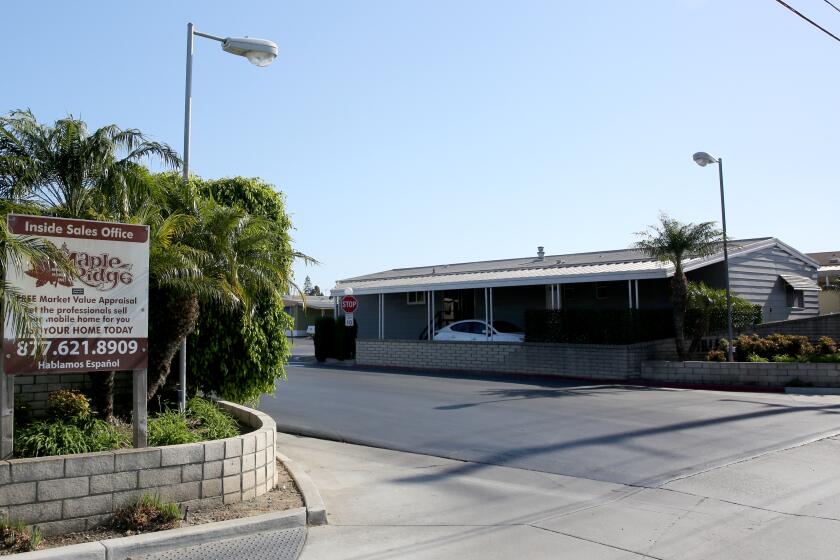Salary negotiations continue, but clock is ticking
- Share via
Tariq Malik
HUNTINGTON BEACH -- City officials and police union representatives
may have just two more months to find common ground during ongoing salary
negotiations.
A statewide bill set to take effect Jan. 1 will change the process of
arbitration between all cities and public safety agencies, putting the
final decision in the hands of state officials.
Meanwhile, city and Huntington Beach Police Officer Assn. officials
continue to negotiate under the old rules.
“We’re currently at the mediation level now,” City Administrator Ray
Silver said. “But if we fail to reach an agreement, the next step would
be to go to advise and arbitration, where a state arbitrator would
evaluate the points of both sides and come up with a suggested course of
action. It’s not mandatory to follow that suggestion.”
City and police officials called in state mediator David Hart to help
settle more than three months of salary talks, which reached a stalemate
last month.
In a written statement, Officer Russell Reinhart, a police union
leader, said the binding arbitration would not help current salary
negotiations because there’s still two months until it takes effect.
However, once in place, it will give police and firefighters a little
more strength at the bargaining table, he added.
Before going into mediation, where salary discussion are confidential,
the city was offering a contract with 10.47% pay raise the first year and
a 3% inflationary increase for the next three years. Meanwhile, the
police union was seeking a 13.25% wage increase with a 3.5% raise next
year.
If negotiations go on past January, the new bill, signed by Gov. Gray
Davis on Sept. 29, will do away with the advisement stage and go directly
to a binding process, where three arbitrators, as opposed to one under
the current system, would decide police salaries, Silver said.
Under that plan, after failing to reach an agreement through
mediation, one or both parties could ask the state for the binding
arbitration process. The city would choose one arbitrator, the police
union would choose a second, and both sides would choose a third.
Once in place, the state officials will determine a binding salary
contract to be accepted without argument, city officials said.
“In essence, the control of the city’s purse strings is taken out of
the hands of the officials elected by the citizens,” said Rich Barnard,
spokesman for the city, adding that some California cities are
challenging the bill by saying it oversteps the state’s responsibility.
“But, the state representatives will make a decision which they feel will
best service the community.”
Police union officials agreed, saying the process will deter both
sides from taking extreme positions during negotiations and guide them to
be more reasonable with each other.
Silver said he hopes even the advice of a state arbitrator, let alone
a binding decision, won’t be needed during present negotiations.
“We’re really hoping to reach an agreement through mediation, so we
can skip the arbitration stage entirely,” he said.
All the latest on Orange County from Orange County.
Get our free TimesOC newsletter.
You may occasionally receive promotional content from the Daily Pilot.



